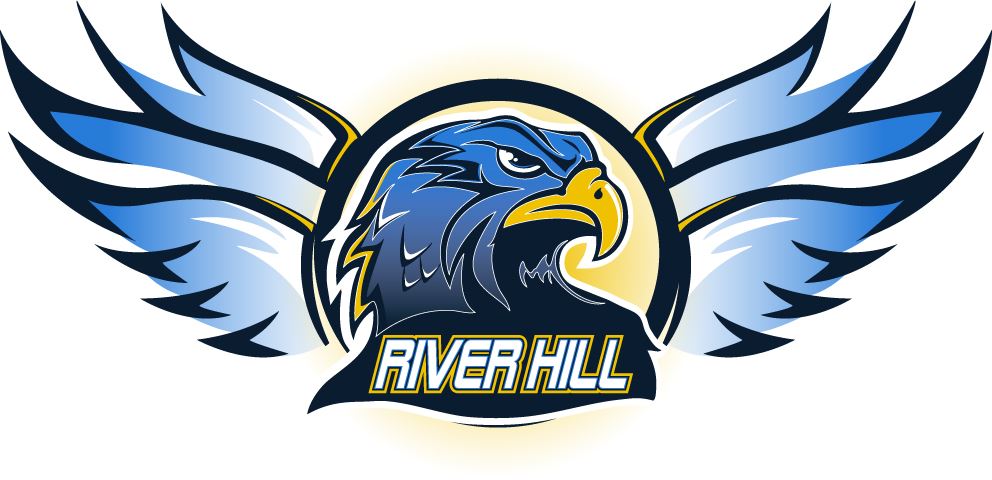By Benjamin Hong, Co-Editor-In-Chief
On Tuesday, November 19, River Hill hosted a unique standardized test not commonly associated with high school. The Armed Services Vocational Aptitude Battery measures a person’s applicable skills to determine what career paths they are best suited for. It is most commonly used by the military to sort recruits into the branches of the Armed Forces and to determine competency for more specialized roles. Outside of its military application, millions of students nationwide use their results to determine their fit for every corner of the job market.
The ASVAB is typically taken on paper by recently enlisted recruits at Military Entrance Processing Stations. The ASVAB River Hill students took, called the CAT-ASVAB, is the digital version of the same test. Made to adapt to the individual abilities of each test taker, the exam covers a wide range of skills, from word knowledge and paragraph comprehension to arithmetic reasoning and auto/shop information. While the test did require students to miss around an hour and a half of class, the opportunity to get such a comprehensive picture of one’s capabilities is not something to be taken lightly.
While this test was designed by the Department of Defense, River Hill makes a point to emphasize the broader career-prep nature of the test. Pauline Baek, the school’s Career Readiness Advisor, specifically noted that “our school opts out of sharing students’ scores with the military,” and that “students taking the ASVAB have zero obligation to ever connect with anyone in the military.” Baek emphasizes that by doing so, students are able to use their results to better understand their skill set without feeling obligated to consider military applications.
The test ran smoothly over all, but there was some confusion among test takers regarding some of the topics covered. Brennan Wheeler, a junior who took the test, commented that “a lot of the questions didn’t feel like great determiners for future career success. Basic arithmetic, for example—how does that predict my potential in a math-based career?” Wheeler also shared concerns regarding the aptitude element of the test, noting there were “a lot of questions surrounding things you would have to have been taught before in order to know.”
Despite some concerns from students, the ASVAB went off without a hitch and was received positively. Wheeler recommended students consider taking the test, stating that she doesn’t think “it would hurt for anyone who wanted a little more guidance in what they wanted to do in the future,” and Baek highlighted how through the test, “students are able to gather information about themselves in areas they may not have experienced yet in life.” Unlike other standardized tests like the SAT or ACT, the ASVAB provides insight into one’s practical skills, making it a helpful tool for any student in, as Baek put it, “selecting high school courses, pursuing internships, trying out part-time jobs, seeking out shadowing opportunities in careers of interest, and expanding their post-high school options.”

